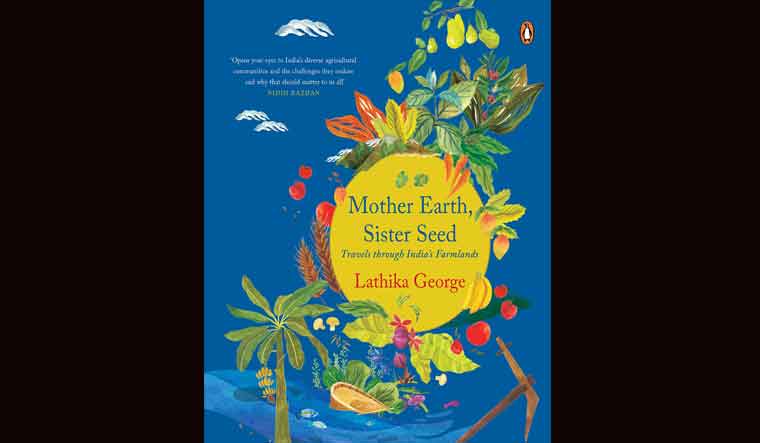Only someone with close ties to the world of agriculture would venture into the kind of project that Lathika George, writer and kitchen gardener, undertook with Mother Earth, Sister Seed: Travels Through India's Farmlands. The book does not disappoint. The author describes her upbringing in South Travancore, Kerala's hill country, as the inspiration for her book; farmers were always heroes of her stories then.
In this book, Lathika journeyed around the country to cover, as she calls it, “livelihood derived from earth and the sea, from rivers and forests”.
This book is a narrative of people in the business of farming and food production, aiming to rediscover the unsung heroes.
Her travels take her through the fishermen community at Mandapam, Tamil Nadu, the coffee country of Coorg, the honey collectors at Sunderbans mangroves, the Khasi hills, Sikkim's organic farms, Dahanu in Konkan, the Earth University of Uttarakhand, Wayanad in Kerala, a peaceful island in Goa, and the pristine white Kutch.
But in each story, the reader gets a whiff of the countryside, a glimpse of the vivid colours, or the scent of the soil. The suburban farmer in Lathika has tried to cover the entire gamut, but has left out the non-exotic kind, our basic food grower. Probably the daily food or cotton-growing farmer did not catch the publisher's fancy, and had to be dropped from the book.
In the end, the book paints a rosy picture of the Indian farmland and a romantic picture of the Indian farmer. It is totally devoid of stories that delve into the average Indian farmer's daily struggle—to either end his profession or his life.


